Israel’s Border Closures Cause Food Prices to Skyrocket in Gaza
The UN Office for the Coordination of Humanitarian Affairs (OCHA) reported on Monday that the closure of the Kerem Shalom, Erez, and Zikim border crossings has severely impacted the delivery of humanitarian aid to Gaza. As a result, thousands of essential supplies, including tents, are unable to reach civilians in dire need.
The initial phase of the ceasefire, mediated by Egypt, Qatar, and the United States, ended on Saturday. While Hamas is urging Israel to proceed to the next agreed phase, Israel has proposed extending the current phase until the end of Ramadan in accordance with recommendations from a top U.S. envoy.
Since the ceasefire agreement was established in January, 33 Israeli hostages who were taken during the 7 October terror attacks have been released, while approximately 1,900 Palestinian prisoners have also been exchanged.
UN spokesperson Stéphane Dujarric emphasized that the ceasefire has played a crucial role in distributing essential supplies such as food, water, and medical aid across Gaza. “Nearly everyone in Gaza has received food parcels thanks to humanitarian efforts,” he stated in a press briefing in New York.
However, with the border closures now in effect, food prices are soaring. “Our humanitarian partners report that flour and vegetable prices have risen more than 100-fold,” Dujarric explained, adding that efforts are underway to assess remaining food stockpiles.
—
Ceasefire: A Critical Lifeline for Gaza's Children – UNICEF
The UN Children's Agency (UNICEF) has warned that halting aid deliveries to Gaza will have devastating repercussions for families and children who are already struggling to survive.
Edouard Beigbeder, UNICEF’s Regional Director for the Middle East, expressed deep concern: “These aid restrictions will severely compromise lifesaving operations for civilians. The ceasefire is a critical lifeline for children, and it is imperative that aid continues to flow freely to sustain our humanitarian response.”
Since January 19, nearly 1,000 UNICEF aid trucks have transported clean water, vaccines, medical supplies, and therapeutic food into Gaza. Additionally, the agency has provided warm clothing for 150,000 children and expanded the distribution of clean drinking water to nearly half a million people living in remote areas.
Thanks to the ceasefire, nearly 250,000 children, along with pregnant and breastfeeding mothers, have received critical nutritional supplements. Aid organizations have also been distributing vegetable seed kits in Rafah, Khan Younis, and Deir al-Balah to promote home gardening and expand access to fresh food.
Currently, around 1,500 water distribution points are operational across Gaza—double the number available when the ceasefire first began. However, Dujarric warned that essential supplies such as pipes and spare parts for water maintenance are urgently needed.
—
Schools Reopen in Gaza
Despite the ongoing crisis, more than 100 public schools have reopened in Gaza, allowing around 100,000 students to return to class. In areas like Gaza City and North Gaza, where school buildings have been damaged, UN agencies are setting up tents and using recycled wooden pallets to provide makeshift classrooms.
Humanitarian teams from OCHA recently visited a displacement camp in Khan Younis, where approximately 1,200 people are sheltering. Many of them remain unable to return to their homes, as they are located within restricted buffer zones. Efforts are underway to mobilize additional assistance for these displaced communities.
Meanwhile, tensions persist in the occupied West Bank, where Israeli military operations continue to escalate humanitarian needs in northern areas. Humanitarian aid groups face ongoing restrictions on movement, further complicating their ability to provide necessary assistance.
—
With humanitarian aid obstructed and food prices soaring, the situation in Gaza remains dire. The international community continues to urge for uninterrupted humanitarian access to prevent further suffering among civilians caught in the crisis.





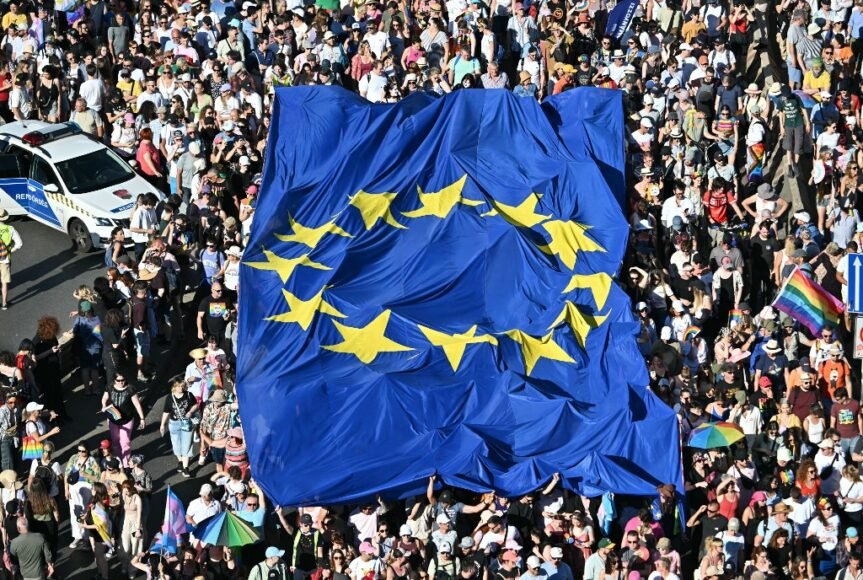

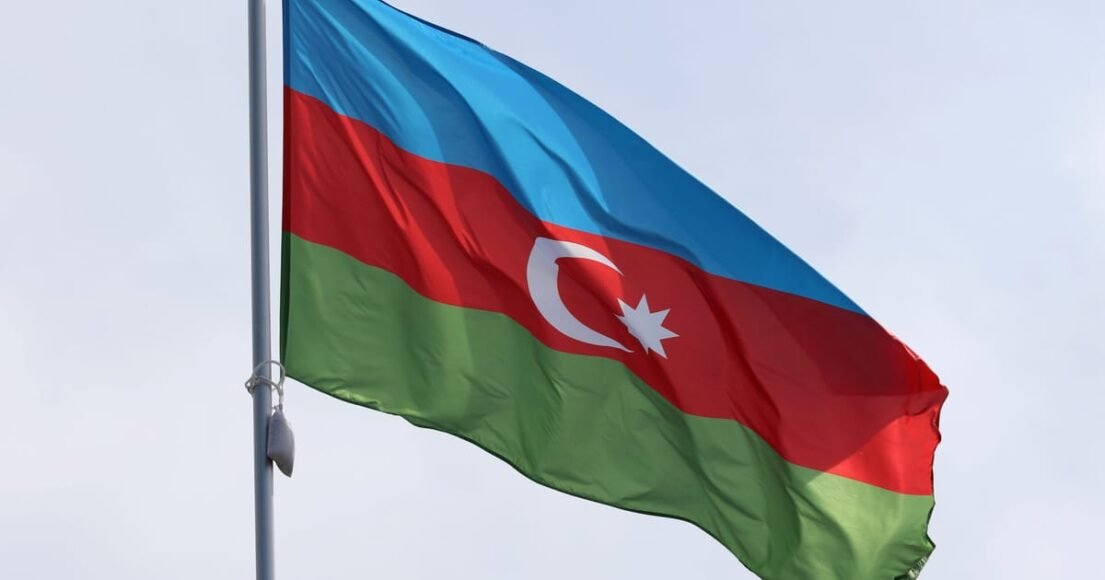

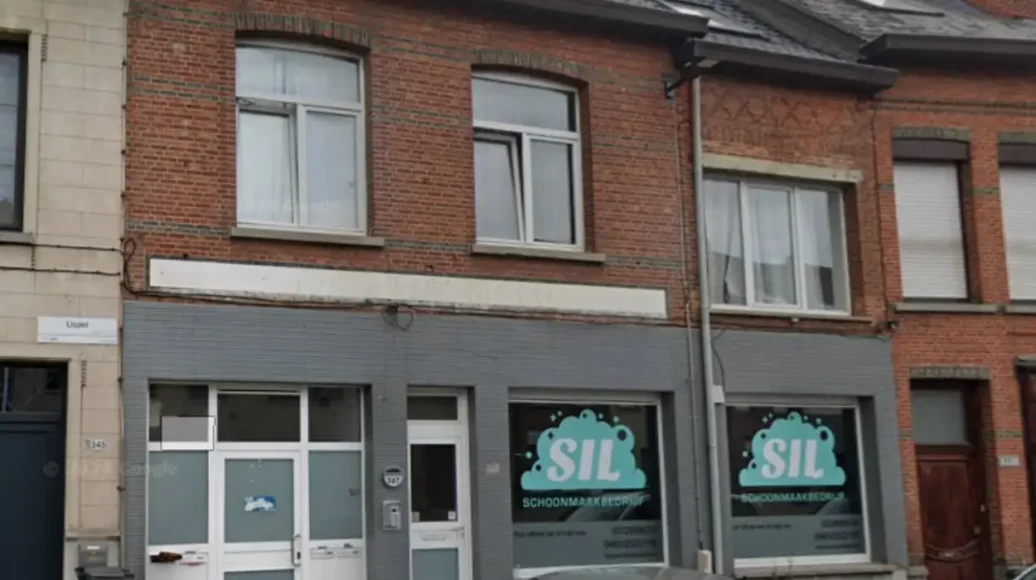
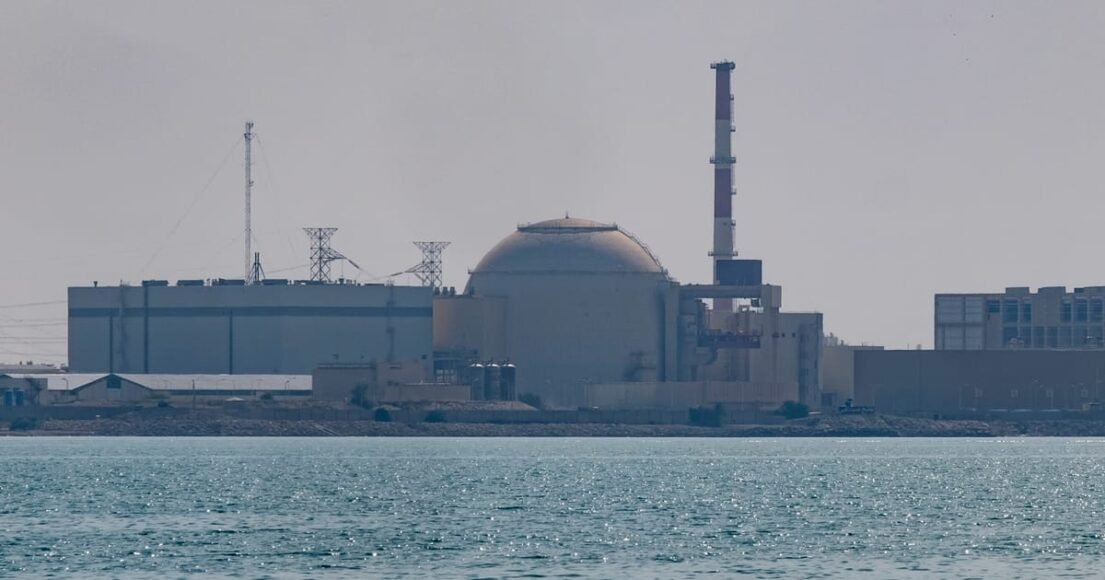
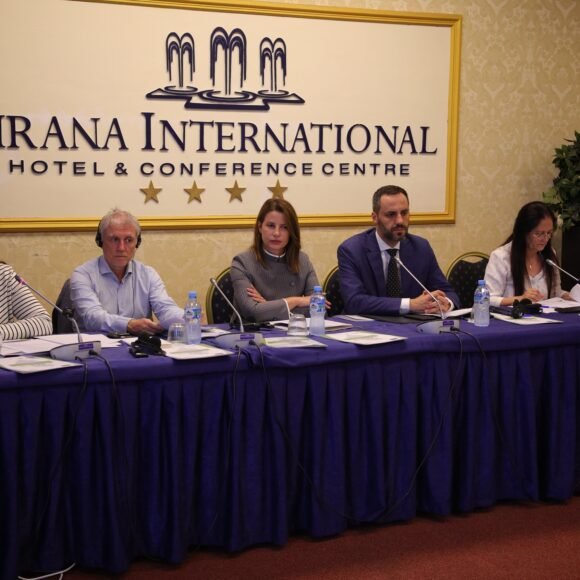
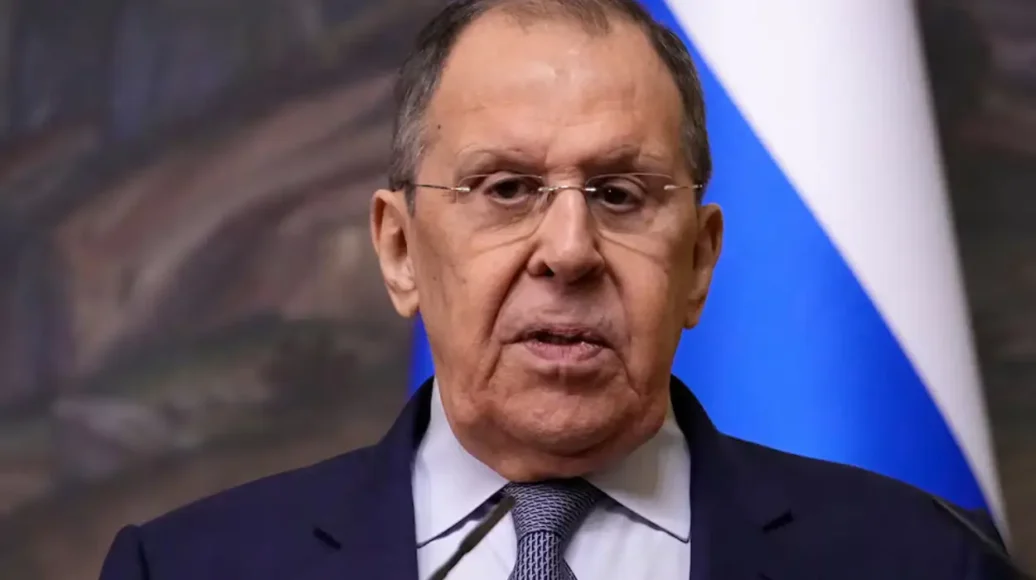
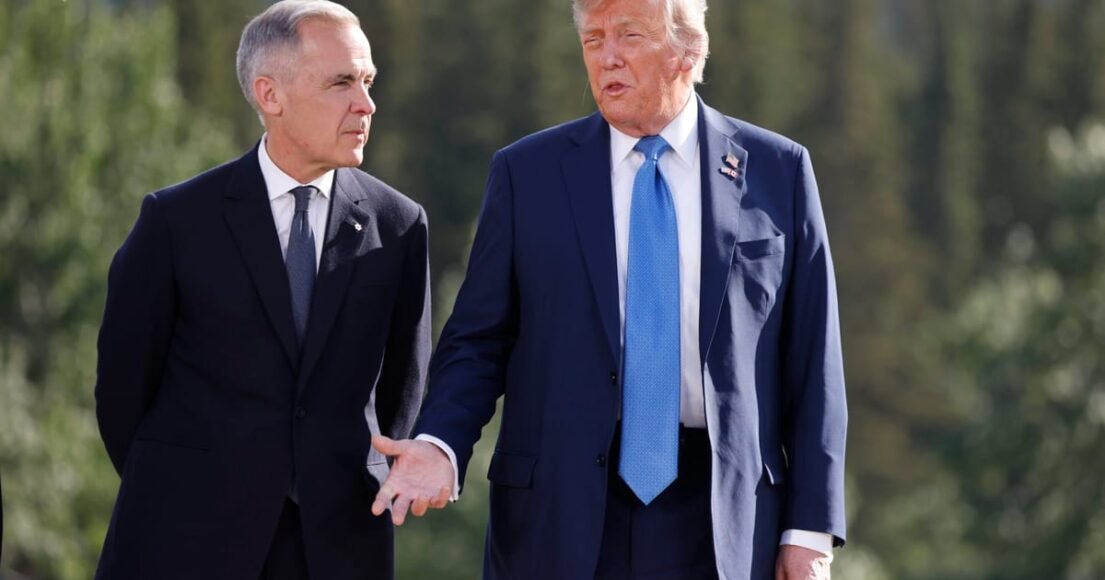
Leave a Reply